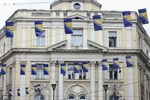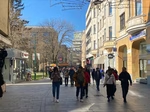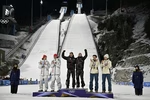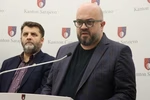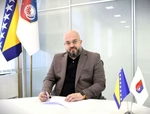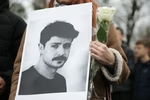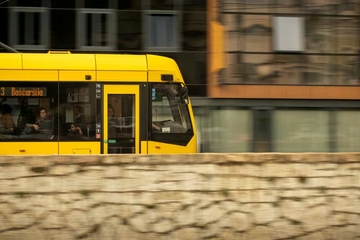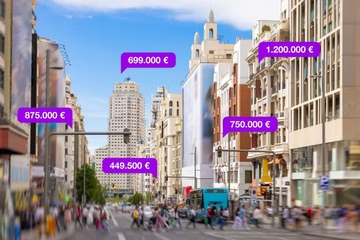
Bosnia's strongest political parties amongst the Bosniaks and Croats agreed to run in next election cycle together in the constituencies where the two ethnic groups are the majority, the leaders confirmed following a meeting on Thursday, but they failed to agree on the state government formation, a year after 2018 general elections.
“We had a good meeting in a good atmosphere, we've been in a coalition for a long time. I believe that we maintain the stability in Bosnia and Herzegovina,” said Bakir Izetbegovic, the leader of the Bosniak SDA party.
“This atmosphere should be transferred into more efficient cooperation. I think that despite the crisis that has been present for a year now, the results that governments made are not bad,” according to the Bosniak leader.
But, the leaders failed to agree on the principles for the state-level government formation, formally called the Council of Ministers. Despite the deal that the leaders of the three winner parties amongst three major ethnic groups signed in August, the country is still run by the old government due to political disagreements on Bosnia's NATO road.
Although it supports the NATO membership, the Croat Democratic Union (HDZ BiH) doesn't want to link the appointment of the Council of Ministers Chairman with the NATO i.e. Bosnia's first Annual National Programme (ANP), the document that contains the guidelines for reforms that the Alliance want the country to implement.
“And this is where we disagree,” said Izetbegovic, who finds that this matter is a matter of the rule of law and its protection.
He believes the way out of this situation lies in a compromise.
Bosnia needs to catch up with other countries in the region on the path to the European Union, according to HDZ BiH leader Dragan Covic.
“We have a common idea of having the authorities at the level of Bosnia and Herzegovina established as soon as possible, which may give us an opportunity and chance during the Republic of Croatia's Chairmanship of the European Union when the candidate status of North Macedonia and Albania will be on agenda again. Bosnia and Herzegovina may appear in that package and the only obstacle to that is exactly the government formation,” said Covic.
The SDA and HDZ BiH are election winners in Bosnia's Federation (FBiH) semi-autonomous entity, where the Bosniaks and Croats share the power. The SNSD is the election winner in Republika Srpska, the Serb-majority entity, and the three parties are supposed to share the power at the state level.
A little over a year after the 2018 general election, the state is still run by the old government due to political disagreements on the NATO road i.e. the ANP. While the Bosniak side wants the document to be approved and sent off to Brussels before the appointment of the Council of Ministers Chairman, the Serb leadership strongly objects it.
The talks will continue, announced the Croat leader, adding that the Mostar meeting was “utterly open and friendly.”
Kakvo je tvoje mišljenje o ovome?
Učestvuj u diskusiji ili pročitaj komentare





 Srbija
Srbija
 Hrvatska
Hrvatska
 Slovenija
Slovenija








